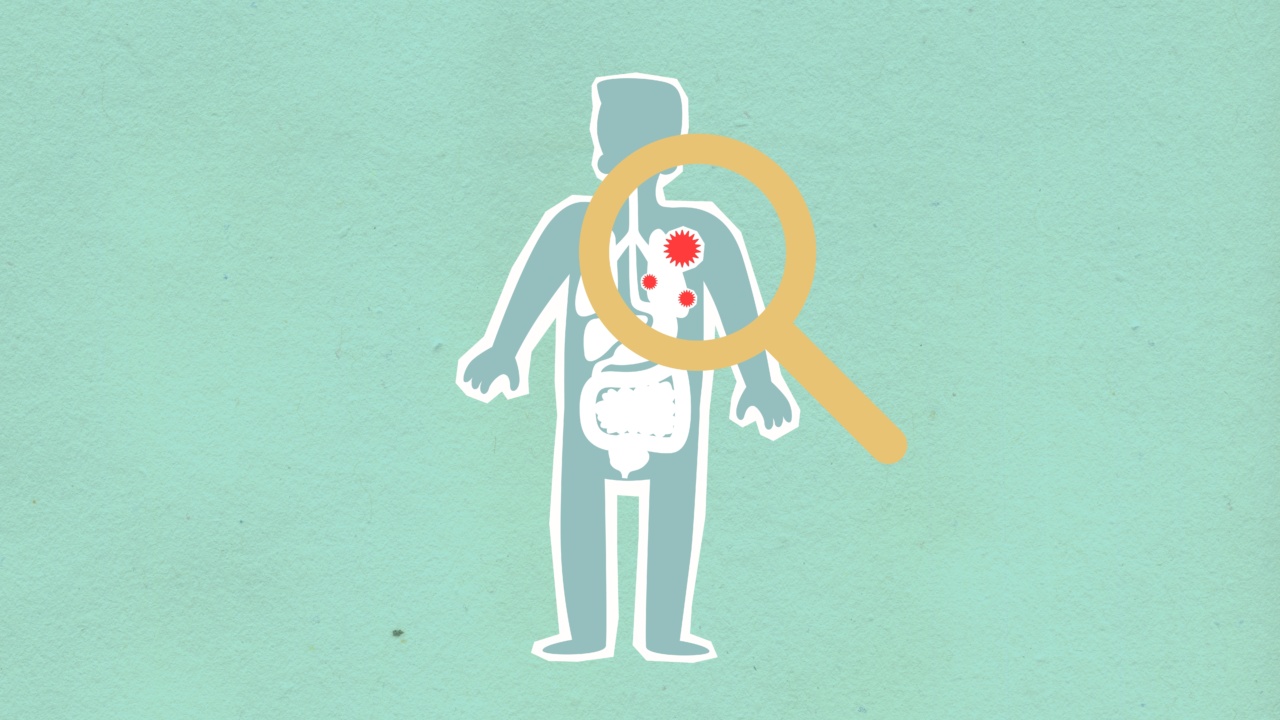Human papillomavirus (HPV) is one of the most common sexually transmitted infections globally.
While HPV vaccines and safe sexual practices play a crucial role in preventing the transmission of this virus, dietary factors can also have a significant impact on the spread and severity of HPV. It is important to understand how our diet can influence the risk of HPV infection and the progression of associated diseases.
This article explores various dietary factors that can affect the spread of HPV and provides insights into maintaining a healthy lifestyle to reduce the risk of HPV transmission.
1. Antioxidant-Rich Foods
Consuming a diet rich in antioxidants can help boost the immune system and reduce the risk of HPV-related complications.
Antioxidants such as vitamins A, C, and E, as well as carotenoids, can neutralize harmful free radicals and reduce inflammation caused by HPV infection. Foods like berries, citrus fruits, leafy greens, bell peppers, nuts, and seeds are excellent sources of antioxidants.
2. Cruciferous Vegetables
Cruciferous vegetables like broccoli, Brussels sprouts, cauliflower, and cabbage contain compounds known as glucosinolates.
When broken down, glucosinolates release bioactive compounds such as indoles and isothiocyanates, which have been shown to have a potential role in inhibiting HPV infection and reducing the risk of cervical cancer. Including these vegetables in your diet can offer protective benefits against HPV.
3. Omega-3 Fatty Acids
Omega-3 fatty acids have anti-inflammatory properties that can play a vital role in preventing the progression of HPV-related diseases.
Sources of omega-3 fatty acids include fatty fish like salmon, mackerel, and sardines, as well as flaxseeds, chia seeds, and walnuts. Incorporating these foods into your diet can help modulate the immune response and limit HPV-associated inflammation.
4. Vitamin D
Vitamin D deficiency has been associated with an increased risk of HPV infection and the persistence of the virus. Adequate levels of vitamin D play a crucial role in modulating the immune system and promoting an appropriate antiviral response.
Foods rich in vitamin D include fatty fish, fortified dairy products, egg yolks, and mushrooms. Additionally, spending time in sunlight helps the body produce vitamin D.
5. Avoiding Processed Foods
Consuming a diet high in processed foods, refined sugars, and unhealthy fats can weaken the immune system and hinder the body’s ability to fight off HPV infection.
These foods often lack essential nutrients and can promote inflammation, which may worsen the outcomes of HPV-related diseases. Opt for whole foods, including fruits, vegetables, whole grains, lean proteins, and healthy fats to support your immune system and overall health.
6. Probiotics
Probiotics, often found in fermented foods like yogurt, kimchi, sauerkraut, and kefir, are beneficial bacteria that promote gut health. A healthy gut microbiome is essential for a strong immune system, as it helps regulate immune responses in the body.
Including probiotic-rich foods in your diet can support your overall health, including the ability to fight off HPV infection.
7. Adequate Hydration
Staying hydrated is essential in maintaining optimal immune function. Water helps flush out toxins, supports overall cellular health, and aids in the production of lymph, which is essential for a healthy immune system.
Aim to drink at least eight glasses of water per day, and more if you are physically active or live in a hot climate.
8. Green Tea
Green tea contains compounds called catechins, known for their antioxidant and anti-inflammatory properties. These compounds have been studied for their potential to inhibit HPV infection and slow down the progression of associated diseases.
By incorporating green tea into your diet, you may benefit from its protective effects against HPV.
9. Zinc and Selenium
Zinc and selenium are essential minerals that play a crucial role in maintaining a healthy immune system. These nutrients help support the body’s defense against HPV infection.
Food sources rich in zinc include oysters, beef, chicken, legumes, and nuts. Selenium can be found in foods like Brazil nuts, seafood, eggs, and whole grains. Including these nutrients in your diet can contribute to reducing the risk of HPV transmission.
10. Limiting Alcohol Consumption and Smoking
Excessive alcohol consumption and smoking have both been linked to an increased risk of HPV-related complications. Both alcohol and tobacco can weaken the immune system, making it harder for the body to fight off HPV infection.
Limiting alcohol consumption and avoiding smoking or quitting altogether can significantly reduce the risk of HPV transmission and the development of related diseases.





























